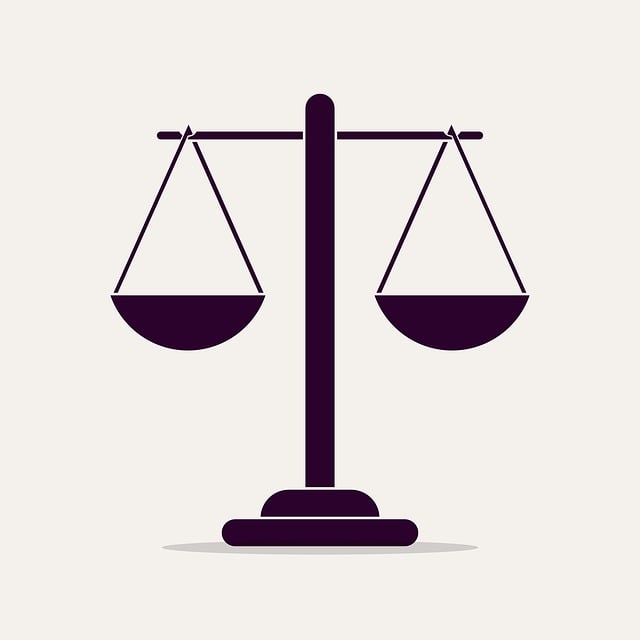Navigating healthcare compliance legal issues is crucial for medical organizations to avoid severe consequences like fines and reputational damage. Strict regulations protect patient safety and privacy, making specialized knowledge essential to defend against criminal charges. Effective strategies involve proactive compliance, robust internal controls, meticulous evidence collection, risk assessments, data analytics, and tailored training. Adhering to these practices ensures fair investigations, strengthens reputations, and fosters ethical healthcare practices.
Corporate crime investigations in healthcare are a complex landscape, where navigating compliance legal issues is paramount. This comprehensive guide delves into key aspects, including understanding corporate crime dynamics unique to healthcare, exploring regulatory frameworks and standards, and mastering evidence collection techniques for robust investigations. We also dissect strategic approaches to mitigate legal risks effectively. By adhering to best practices, organizations can safeguard their integrity and foster a culture of ethical conduct within the healthcare sector.
- Understanding Corporate Crime Investigations in Healthcare
- Legal Framework: Regulations and Compliance Standards
- Evidence Collection: Techniques and Best Practices
- Strategic Approaches to Mitigating Legal Risks
Understanding Corporate Crime Investigations in Healthcare

Navigating Healthcare Compliance Legal Issues is a complex task, especially when it comes to corporate crime investigations within this sector. The healthcare industry operates under stringent regulations, ensuring patient safety and privacy, making it a prime target for criminal activities such as fraud, embezzlement, and data breaches. These crimes not only have severe financial implications but also impact the trust between patients, providers, and philanthropic and political communities.
Investigating corporate crime in healthcare requires a nuanced approach, balancing the need for transparency and accountability with patient confidentiality and ethical considerations. General criminal defense strategies may not always apply, as these cases often involve specialized knowledge of healthcare laws and practices. The stakes are high, with potential consequences including hefty fines, legal penalties, damage to reputations, and even jury trials, making it crucial for organizations to proactively ensure compliance and implement robust internal controls to deter and detect such crimes effectively.
Legal Framework: Regulations and Compliance Standards

Navigating Healthcare Compliance Legal Issues is a complex task for any organisation, but it’s especially critical in the medical field where regulation and compliance standards are stringent. These rules, designed to protect patients and ensure ethical practices, cover everything from data privacy and security to patient record-keeping and clinical trials. Non-compliance can result in severe penalties, including hefty fines, license revocation, and even criminal charges under general criminal defense laws.
Understanding the legal framework is essential for businesses to avoid indictment. This involves not just adhering to federal and state regulations but also keeping pace with evolving industry standards and best practices. The philanthropic and political communities play a role in shaping these norms, pushing for transparency and accountability while ensuring that medical advancements are ethically sourced and administered.
Evidence Collection: Techniques and Best Practices

In corporate crime investigations, evidence collection is a critical phase that requires meticulous care and adherence to legal protocols. Navigating healthcare compliance legal issues demands specialized techniques to ensure the admissibility of evidence in court. Investigators must employ robust strategies to gather digital, physical, and documentary proof while maintaining its integrity. This includes utilizing advanced tools for data recovery, documenting every step taken during on-site inspections, and meticulously preserving paper trails.
Best practices involve minimizing disruption to business operations, respecting the respective business environment, and ensuring that all evidence is properly labeled and stored. By adhering to these guidelines, investigators can avoid indictment by demonstrating due diligence and adherence to legal standards. For his clients, this means protecting their interests while effectively addressing any potential misconduct or violations of healthcare compliance regulations.
Strategic Approaches to Mitigating Legal Risks

In the realm of corporate crime investigations, strategic approaches to mitigating legal risks are paramount for navigating the complex landscape of healthcare compliance legal issues. Organizations must adopt a multifaceted strategy that goes beyond mere adherence to regulations. This involves comprehensive risk assessments, proactive internal controls, and robust training programs tailored to the unique challenges posed by healthcare sectors. By integrating advanced data analytics and leveraging technology for real-time monitoring, companies can identify potential breaches early on, thereby minimizing exposure to legal repercussions.
A key aspect of these strategic approaches is understanding that compliance is not a one-size-fits-all endeavor. Tailoring solutions to serve both corporate and individual clients, while also fostering ethical practices within philanthropic and political communities, is essential for achieving extraordinary results. This holistic view ensures that investigations are conducted fairly, with a focus on deterrence rather than mere punishment. Such proactive measures not only protect against legal risks but also enhance an organization’s reputation as a responsible stakeholder in the healthcare industry.
Navigating healthcare compliance legal issues requires a comprehensive understanding of corporate crime investigations. By implementing strategic approaches, best practices in evidence collection, and adhering to robust regulatory frameworks, organizations can effectively mitigate risks and ensure ethical conduct within the healthcare industry. These measures are vital for fostering trust, maintaining patient safety, and upholding the highest standards of care.






